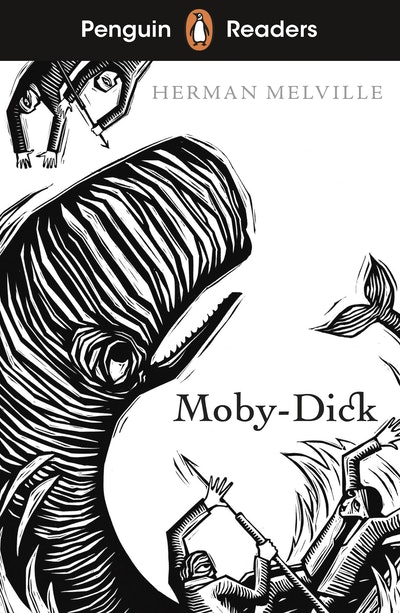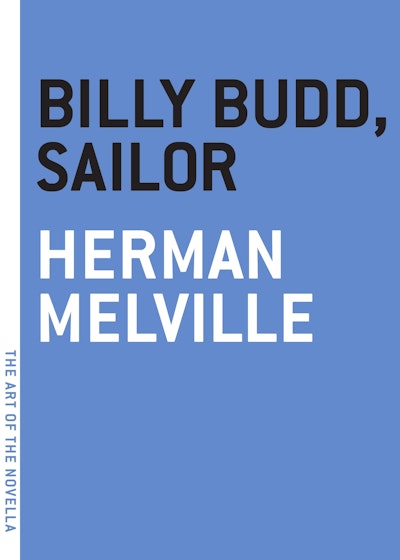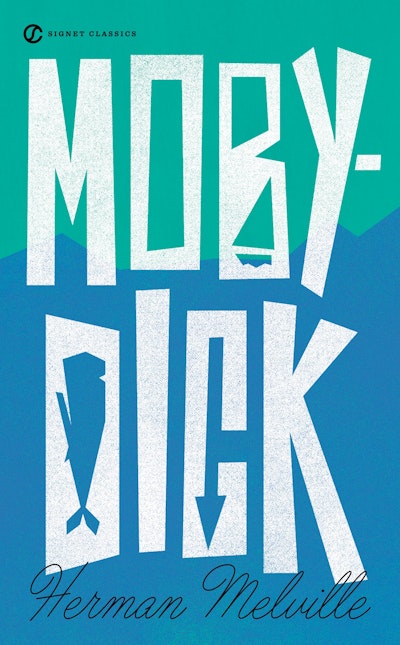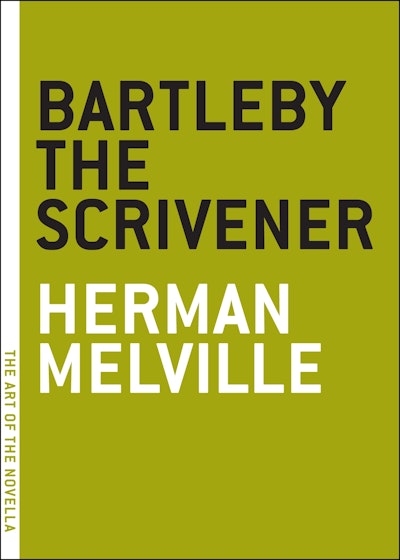- Published: 1 May 2016
- ISBN: 9780143107606
- Imprint: Penguin Classics
- Format: Paperback
- Pages: 368
- RRP: $24.99
Billy Budd, Bartleby, and Other Stories
A new Penguin Classics black spine edition of Herman Melville's virtuosic short stories--American classics wrought with scorching fury, grim humor, and profound beauty
A new, definitive edition of Herman Melville’s virtuosic short stories—American classics wrought with scorching fury, grim humor, and profound beauty
Though best-known for his epic masterpiece Moby-Dick, Herman Melville also left a body of short stories arguably unmatched in American fiction. In the sorrowful tragedy of Billy Budd, Sailor; the controlled rage of Benito Cereno; and the tantalizing enigma of Bartleby, the Scrivener; Melville reveals himself as a singular storyteller of tremendous range and compelling power. In these stories, Melville cuts to the heart of race, class, capitalism, and globalism in America, deftly navigating political and social issues that resonate as clearly in our time as they did in Melville’s. Also including The Piazza Tales in full, this collection demonstrates why Melville stands not only among the greatest writers of the nineteenth century, but also as one of our greatest contemporaries.
This Penguin Classics edition features the Reading Text of Billy Budd, Sailor, as edited from a genetic study of the manuscript by Harrison Hayford and Merton M. Sealts, Jr., and the authoritative Northwestern-Newberry text of The Piazza Tales.
For more than sixty-five years, Penguin has been the leading publisher of classic literature in the English-speaking world. With more than 1,500 titles, Penguin Classics represents a global bookshelf of the best works throughout history and across genres and disciplines. Readers trust the series to provide authoritative texts enhanced by introductions and notes by distinguished scholars and contemporary authors, as well as up-to-date translations by award-winning translators.
- Published: 1 May 2016
- ISBN: 9780143107606
- Imprint: Penguin Classics
- Format: Paperback
- Pages: 368
- RRP: $24.99





























































































































































































































































































































































































































































































































































































































































































































































































































